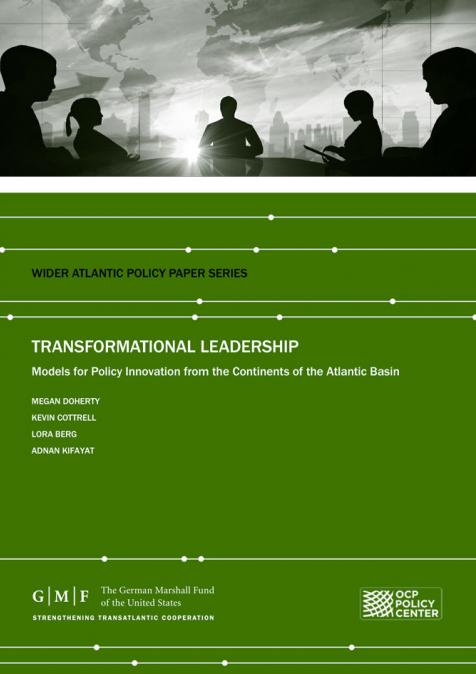The Security-Development Nexus in the Sahel: The Challenge of Implementation
The rise of geopolitical tensions in the world has added a new threat in the Sahel, an area already riddled with economic and security uncertainties. The withdrawal of European troops and the drastic reduction in the number of French troops has created a vacuum where the Sahelian states were already struggling to spread their administrative authority in their vast territories. The very concept of foreign intervention and its architecture in the case of the Sahel zone must be reformulated and reassessed in the light of recent events. Part of the answers require the empowerment of local armies and the establishment of regional peacekeeping mechanisms. These initiatives to expand counter-terrorism strategies still suffer from lack of funding and coordination. The efficiency of regional approaches and their coordination with other international entities and the question of the financing of these initiatives is at the heart of the new security deal in the Sahel. In that sense, an approach centered on economic development and the security-development nexus is insistently demanded by the States of the Sahel who reject a mere security and military approach.
- How can the current crisis be interpreted and how can regional initiatives like the G5 Sahel tackle the current security crisis?
- How can new approaches against violent extremism be implemented to help states stabilize their territories?
- How can long-term political stability be restored in the Sahel and the link ensured between security and development approaches?




